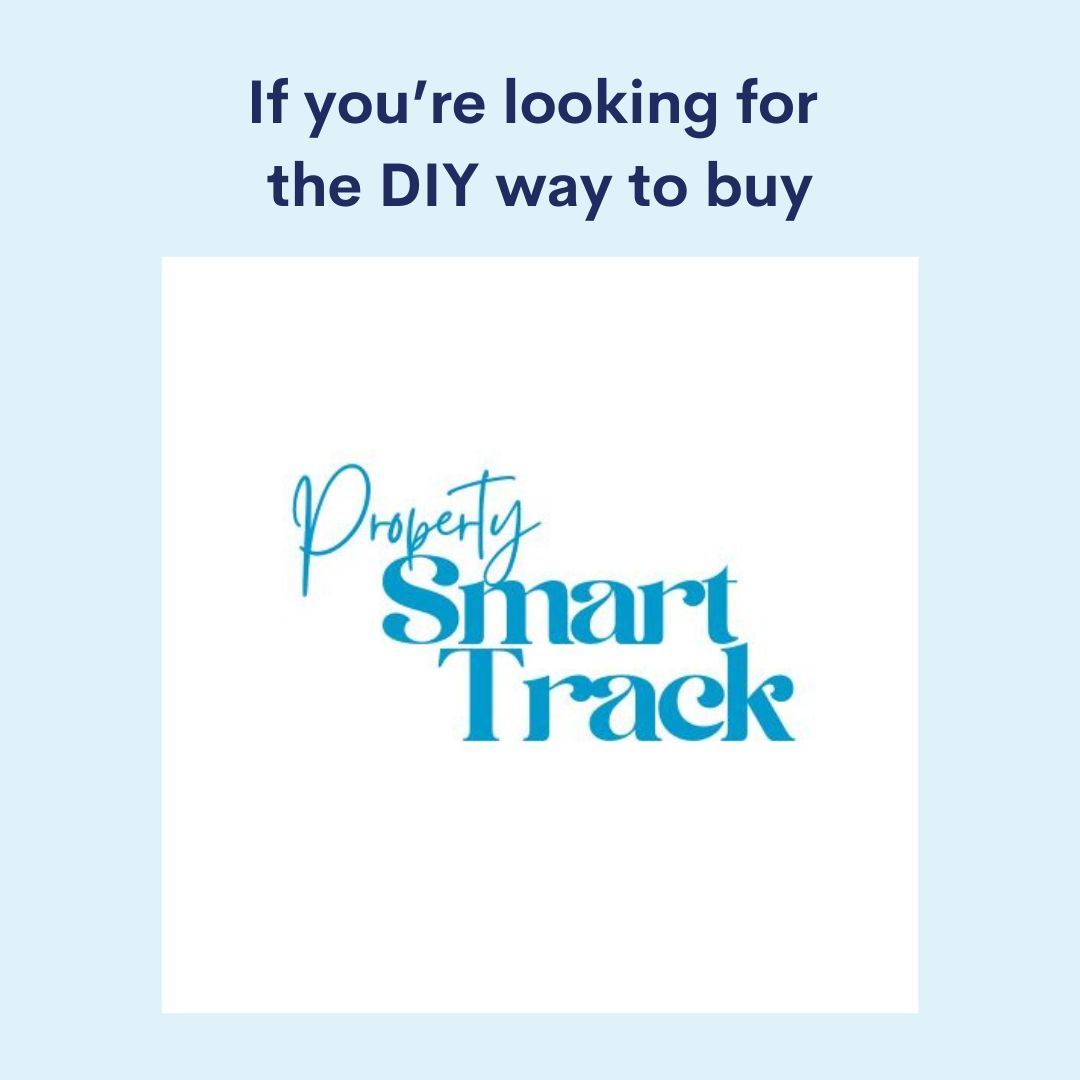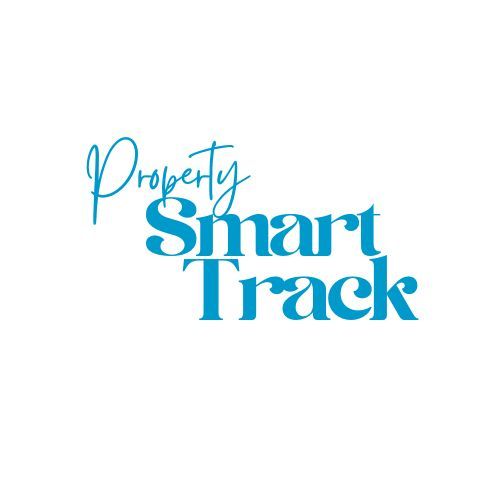Duplexes deliver a financial windfall

Property owners across NSW experienced a financial windfall recently, though most either don’t know it or they won’t know how to unlock the opportunity that has literally landed on their doorstep.
Building on the original Low Rise Housing Diversity Code introduced in 2018, the Minns Government announced in July that every R2 zoned property would now qualify for a range of small lot developments such as dual occupancies (duplexes).
While there are some exclusions for properties impacted by bushfire, flood or heritage items, the planning changes mean NSW suburbs are set for major changes in order to free up space to increase housing in liveable areas.
Councils no longer in the way
Previously, only a handful of councils would allow duplexes and most didn’t adopt the standards the State government set out in 2018, so very few owners could take up the option.
Now, the new regulations mean all R2 zoned property will be able to use the ‘complying development’ avenue to action developments, apart from - except in Bathurst, Hawkesbury, Blue Mountains and Wollondilly areas due to bushfire, flooding and evacuation risks (Bathurst has no suitable R2 land).
What is an R2 zone
Most houses on single blocks throughout NSW suburbs are zoned as R2 Low Density Residential. This used to mean one house on one block, and depending on the size of the block granny flats were also allowed for construction.
In our current world of a chronic housing shortage, the solution for NSW is to allow duplexes, terraces and manor houses to be approved as complying developments in as little as 20 days, skipping the expensive and long development application process.
The other critical change is that blocks now only need to be 12 metres wide for a duplex, overriding existing council rules requiring frontages to be at least 15 to 20 metres.
Opportunity knocks
The changes could see thousands of houses changed to duplexes, with homeowners across Sydney who sell their properties to developers set to see significant windfalls.
Another option is for home owners to action the development themselves, as they can utilise their existing block to build a new home for themselves and have a second property beside them with a rental return or for other family members.
What qualifies a property for redevelopment into a dual occupancy?
The new code applies to R1, R2, R3 and RU5 zones across NSW, but most lots in Sydney fall into these zones. Designs must also meet the relevant design criteria in the Low Rise Housing Diversity policy.
Dual occupancies can now be approved as a complying development providing they meet certain standards.
- Blocks must be at least 400 square metres, or the minimum lot size according to council, whichever is greater. The Council regulated block size restrictions are expected to be dropped during the Phase Two implementation of the planning changes.
- Blocks must be at least 12 metres wide. For dual occupancies where one dwelling is located above another, the block must be at least 15 metres wide.
- Buildings must have a minimum side setback of 0.9 metres. Greater setbacks apply for blocks wider than 24 metres.
- Each dwelling must be at least 5 metres wide and can’t be more than 8.5 metres high.
- Each dwelling must face a public road, and can’t be located behind another dwelling except on a corner lot.
- Each dwelling must have at least one off-street parking spot.
How to fund and build your duplex
There’s two key questions everyone asks when hearing the changes might be possible on their block. How do I pay for the construction and how do I build it?
With reference to funding the construction, we recently ran a podcast about this very topic. Funding options abound depending on how much equity you have in your property – so the answer to this question can be found by talking to an experienced duplex funding specialist. Interestingly, many home owners might be able to fund the construction with equity alone.
On the topic of how to actually complete the construction, most people are surprised to hear a duplex can be an easier project than a knock down rebuild of one house. It’s just a matter of ensuring you’re working with the best team for your needs.
Meet the magic team
We have gathered together a magic panel of specialists to help you answer the following
- How do I find out if my property qualifies for a duplex
- What options do I have to fund the construction
- How do I know what design I should use on my property
- How do I select the best people to build the duplex
- What are the options I have after the construction is complete
We’re holding an event on Tuesday 1 October at 7pm via webinar so you can hear the answers to the questions listed above. While we’ll have some excellent content to cover, there’ll also be an opportunity for you to ask questions directly to the panel or chat to them afterwards about your specific information. BOOK HERE
The presenters include:
- Property features - Debra Beck-Mewing
- Finance options - Phil Dionysopoulos and Vijay Krishna
- Designs and Project Management - Ben Abood
Plus we’ll have specialist accountants, real estate sales agents and property management professionals also on hand. This is an event you won’t want to miss and will be limited to the first fifty people to book. Attendance is free but you must register to access the webinar link.
We’ll be sharing some game changing information, so book in now to avoid missing out. BOOK HERE
NOTE : The specific planning information we will cover will relate to NSW properties, however the funding, construction and post construction action will be relevant for properties Australia-wide, so if you have property (or you’re thinking of buying) in another State you will also benefit from the information we will share.
About the Author
Debra Beck-Mewing is the CEO of The Property Frontline and Editor of Property Portfolio Magazine. With over 20 years of experience buying property across Australia, Debra is a skilled property strategist and buyers agent known for uncovering tailored opportunities — from family homes to multi-use investments.
She has deep expertise in advanced strategies including renovations, granny flats, sub-division, and development. A Qualified Property Investment Advisor (QPIA®), licensed real estate agent, and holder of a Bachelor of Commerce and Master of Business, Debra combines strategic insight with hands-on experience.
Debra is the creator of the Property Smart Track™ – Australia’s only interactive, in-the-moment support system for property buyers, designed to help buyers cut through the chaos and buy with confidence. She also leads Buy Like A Genius™, a premium end-to-end buyers’ agency service for busy professionals seeking expert property acquisition without the stress.
As a passionate advocate for greater transparency in the property and wealth industries, Debra is a sought-after speaker, author, podcast host, and participates on numerous committees including the Property Owners’ Association.
Download your guide
Start Buying - Stop Crying
There’s plenty of opportunities if you’re trying to buy a property in the current market, and the news gets better if you qualify for financial assistance packages.
DON'T GUESS, STRESS OR OVERPAY
Learn how to turn the market in your favour no matter where it heads next, by using the tips included in our guide.
We hate SPAM. We will never sell your information, for any reason.








